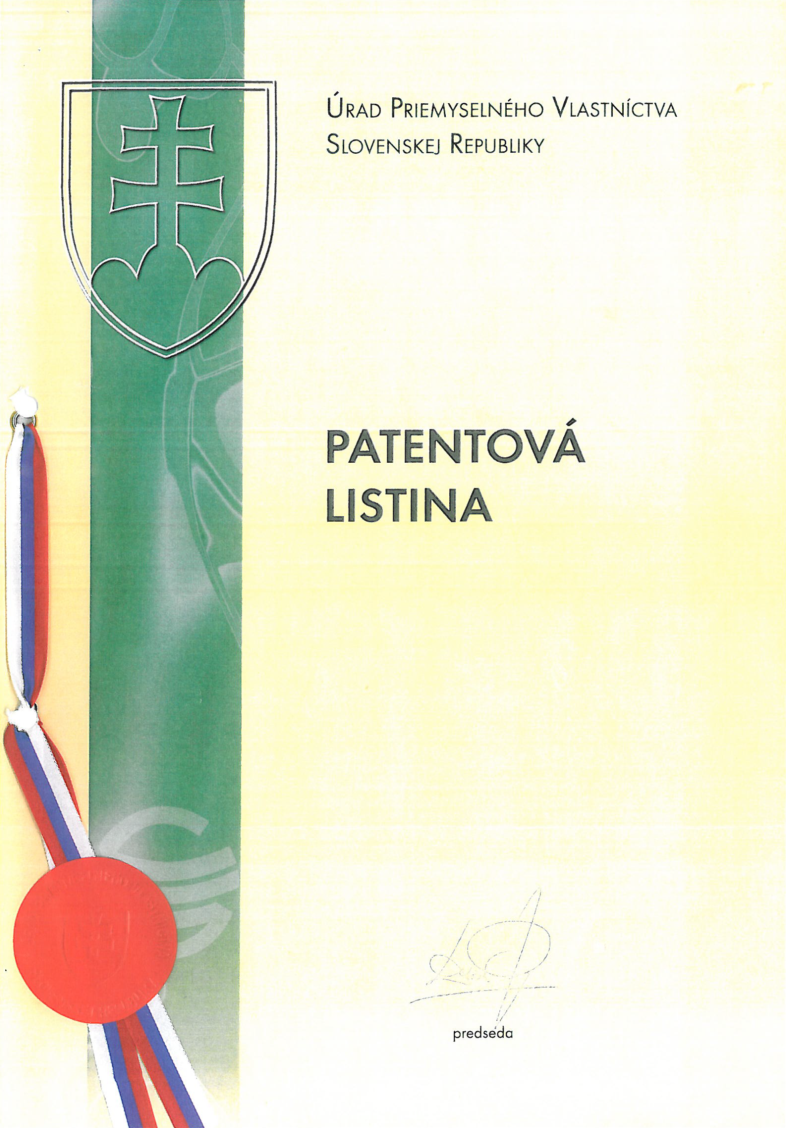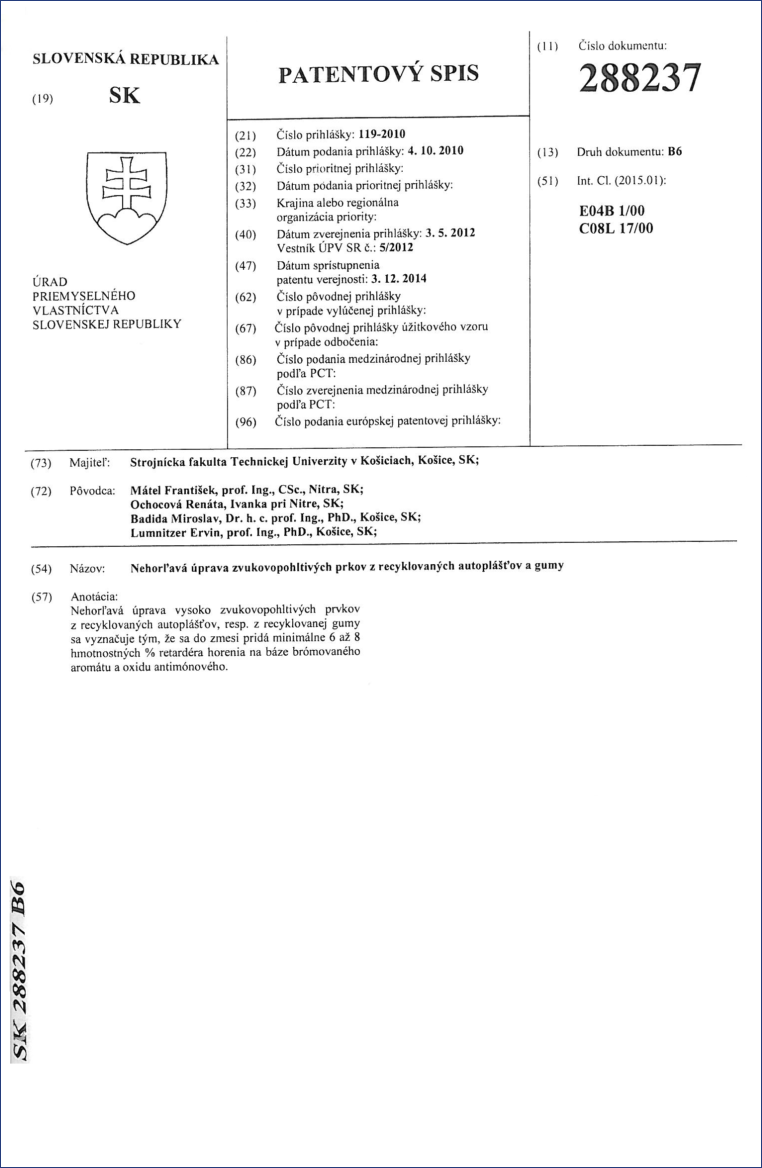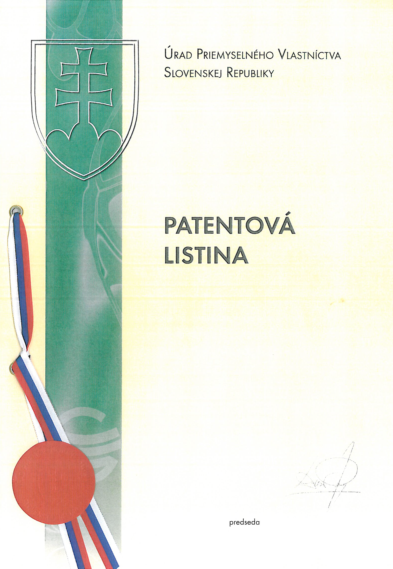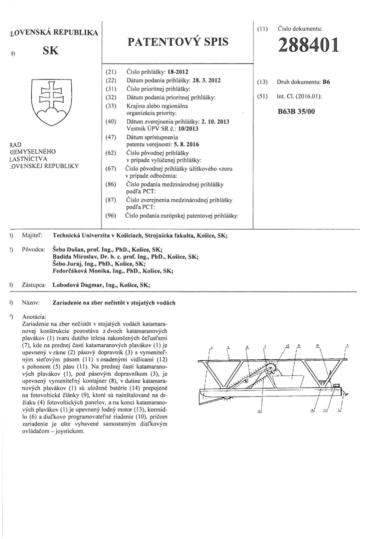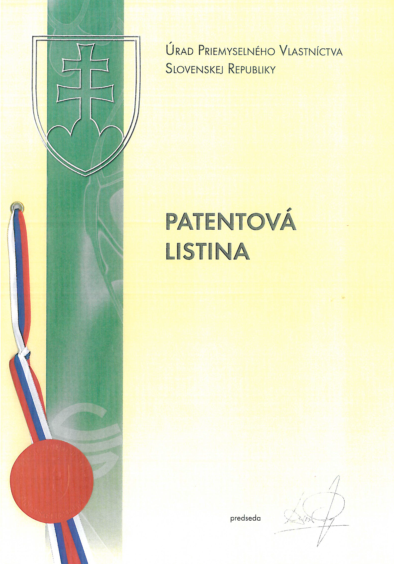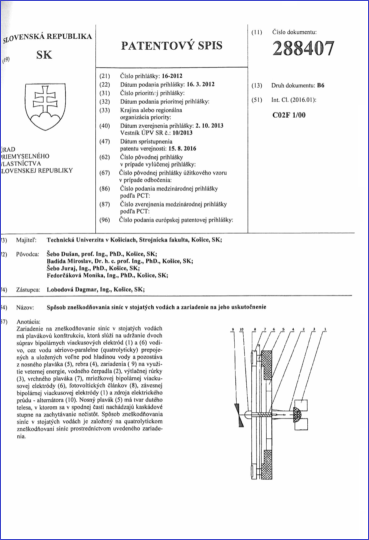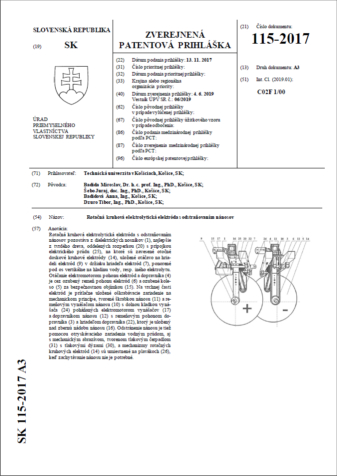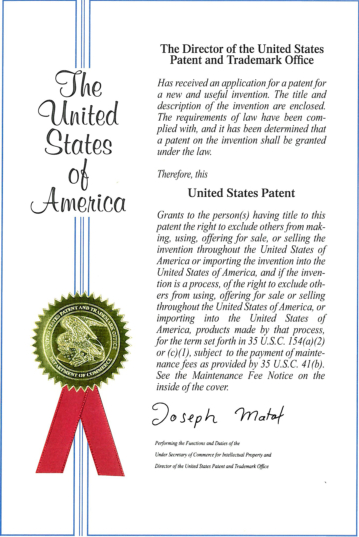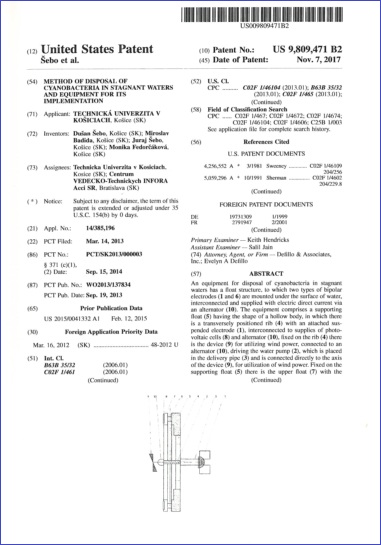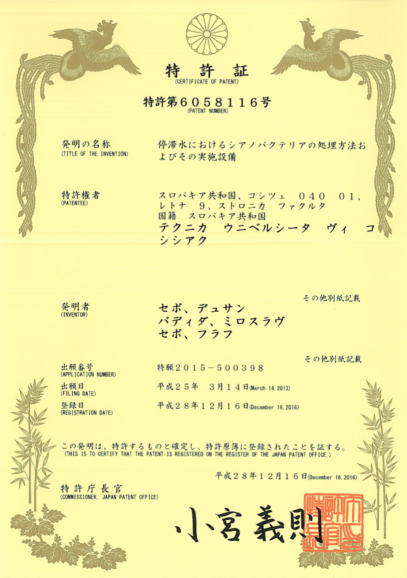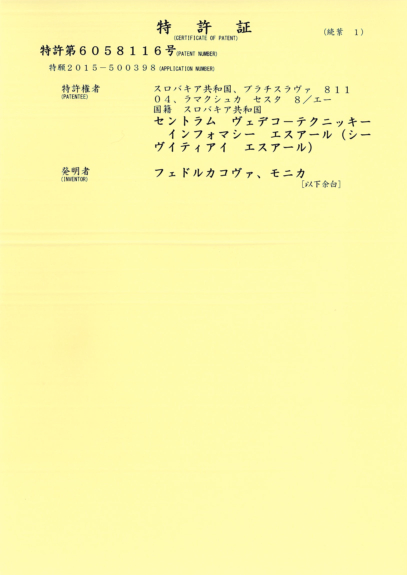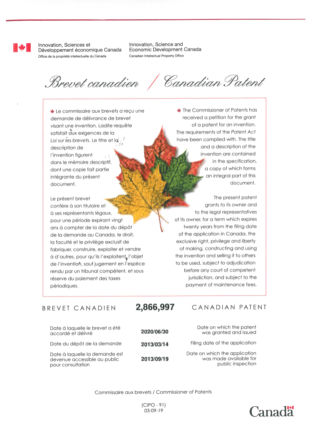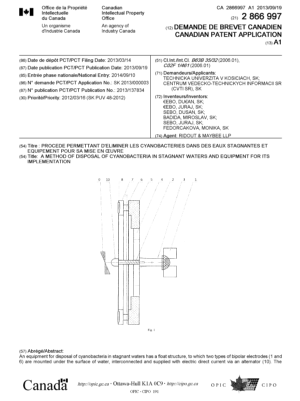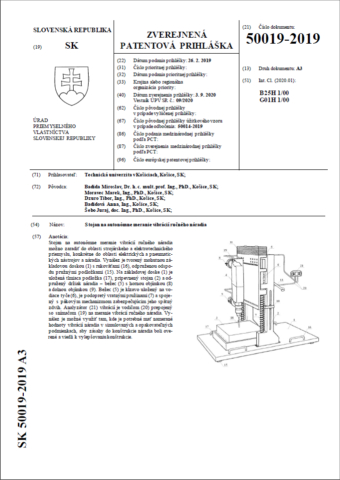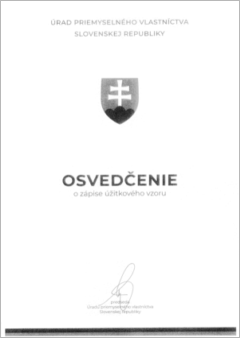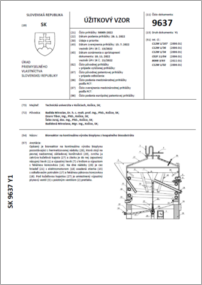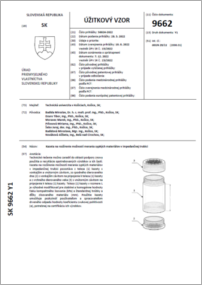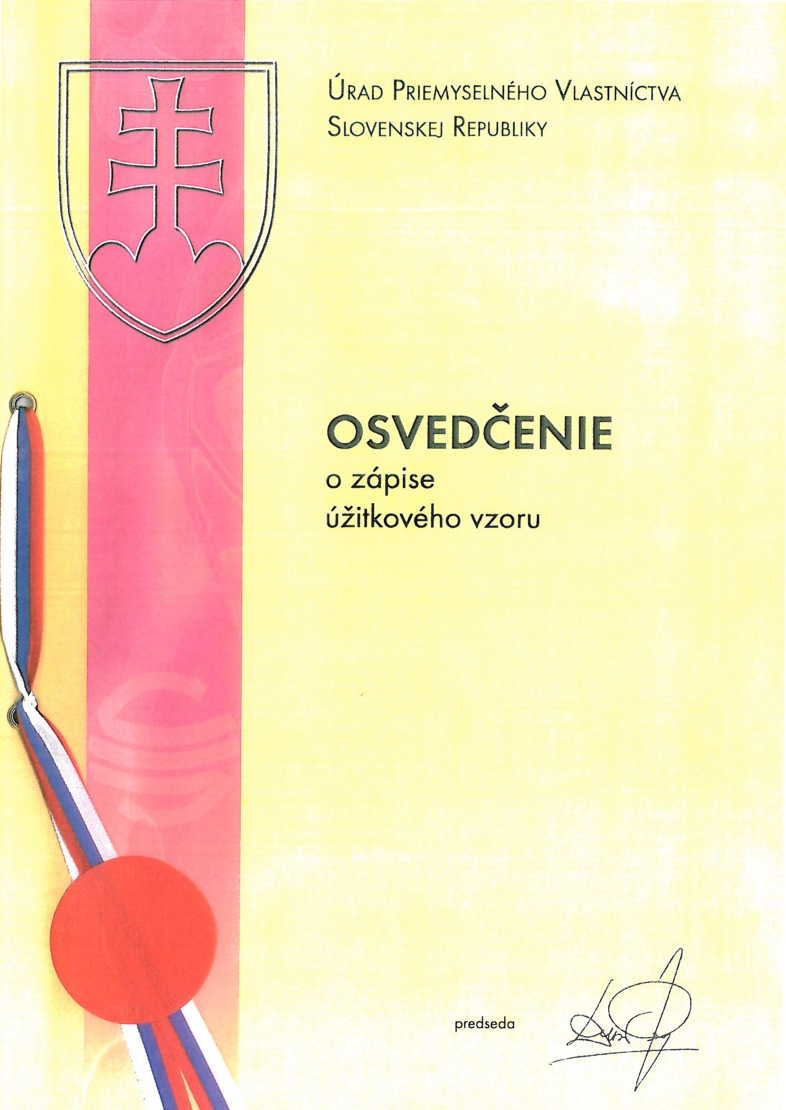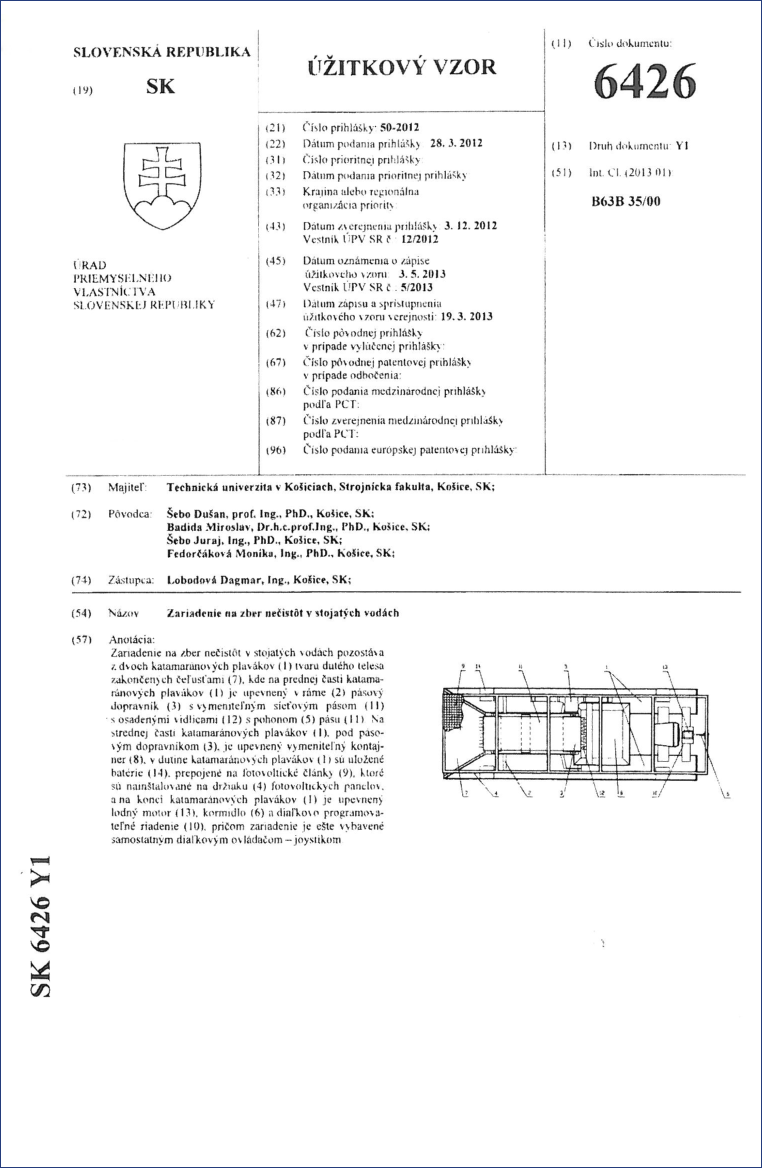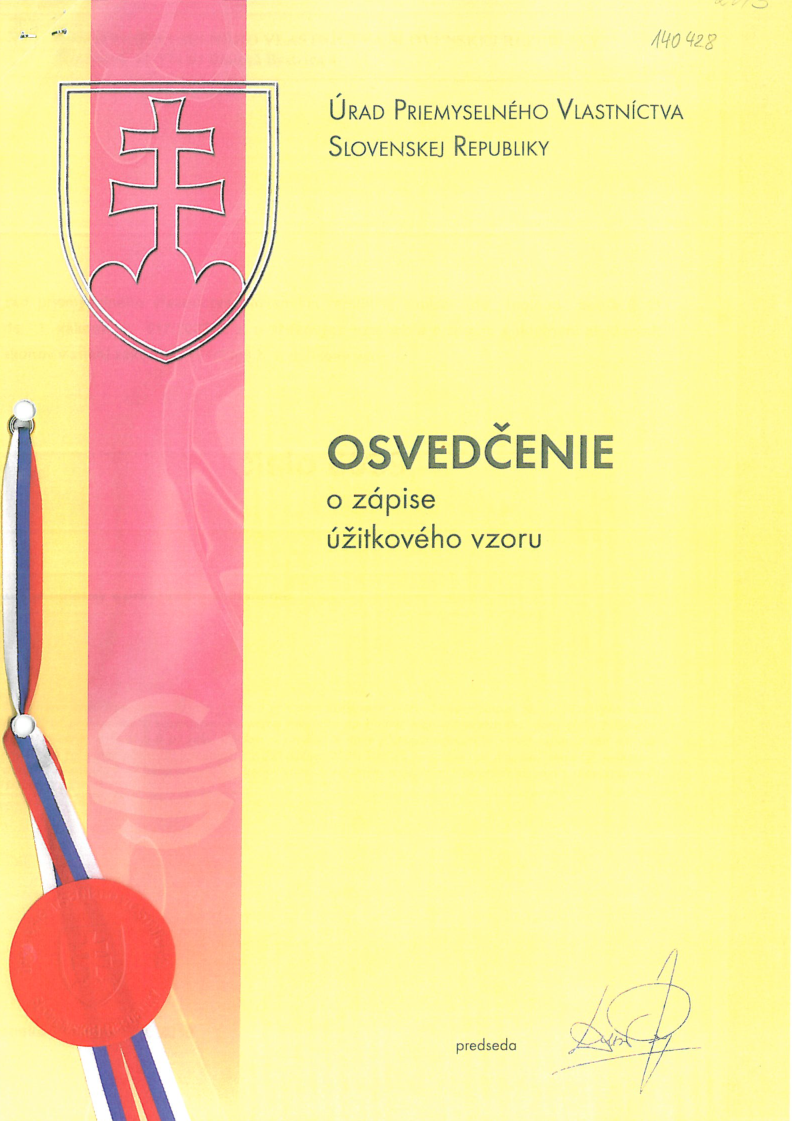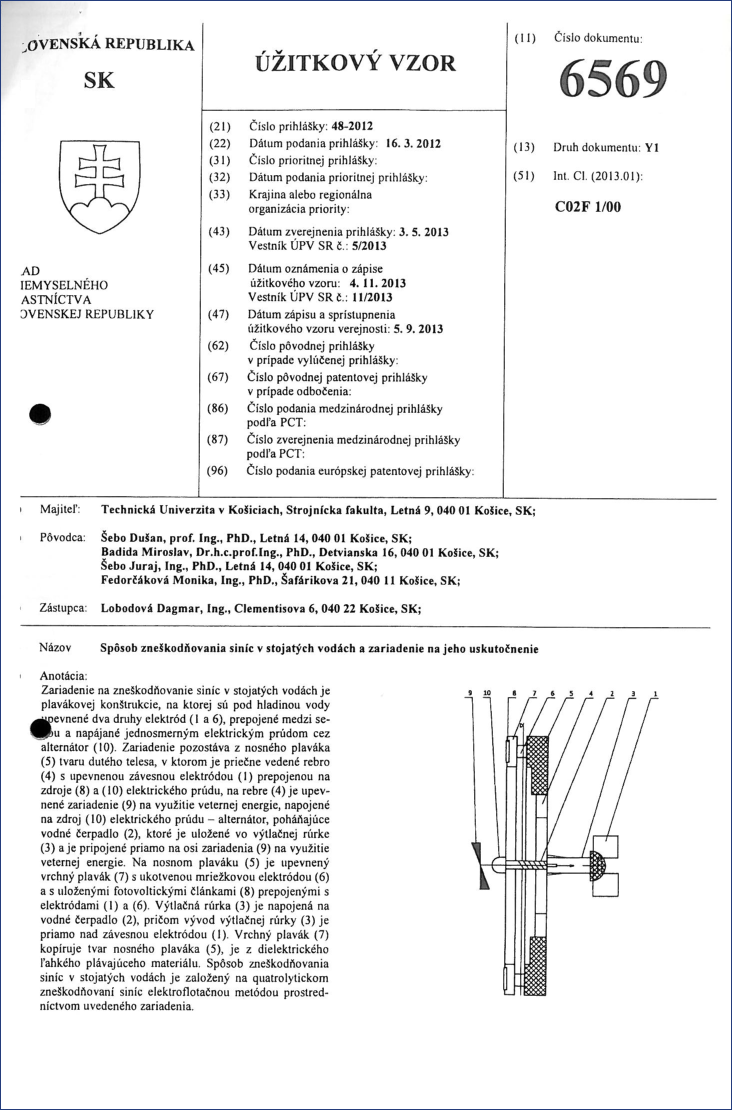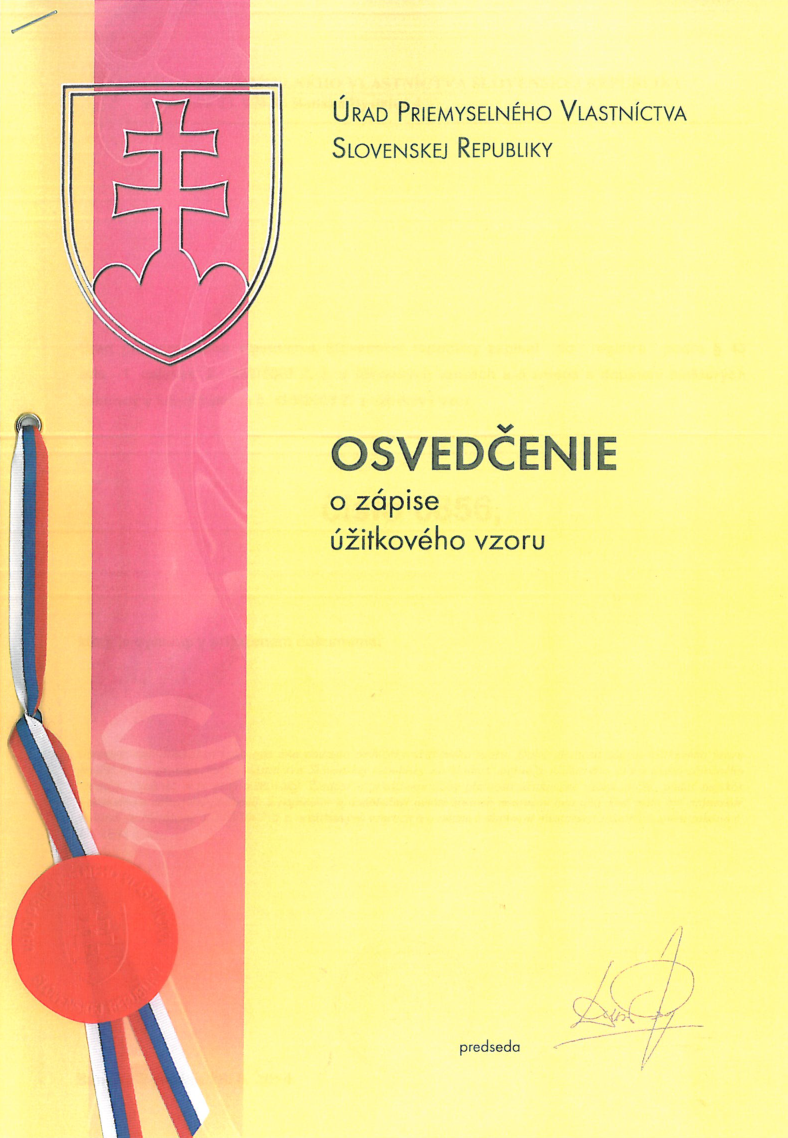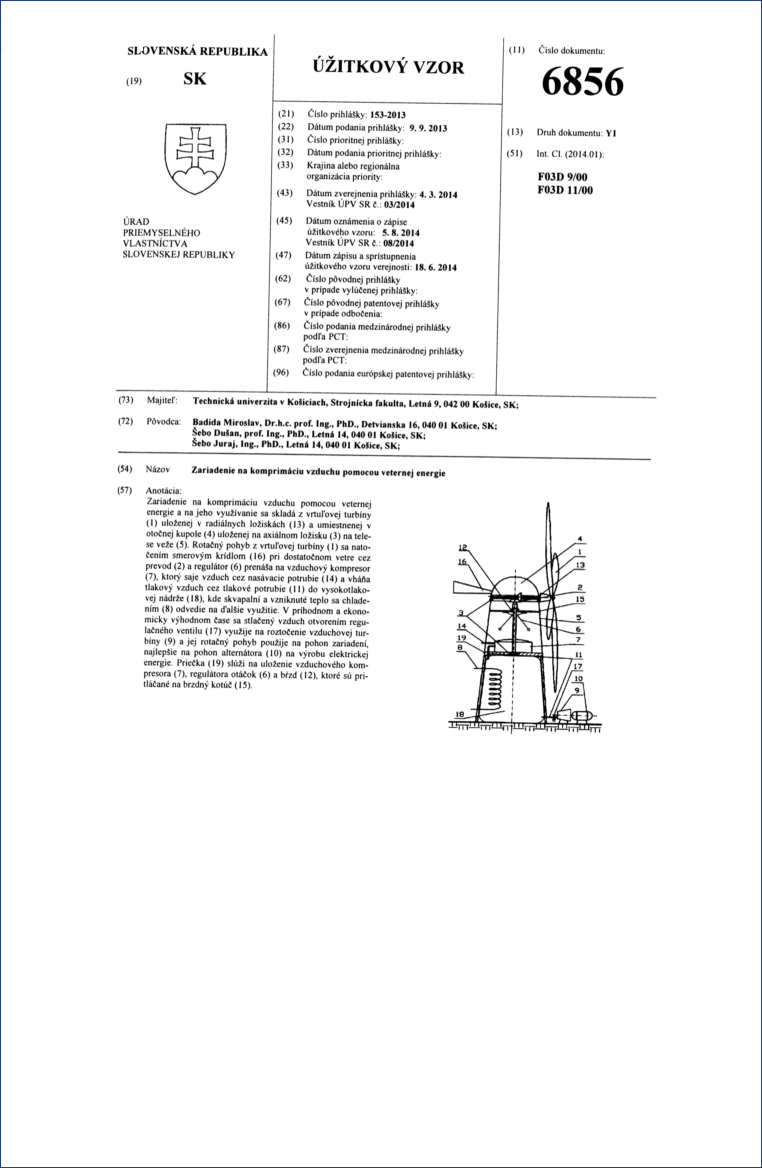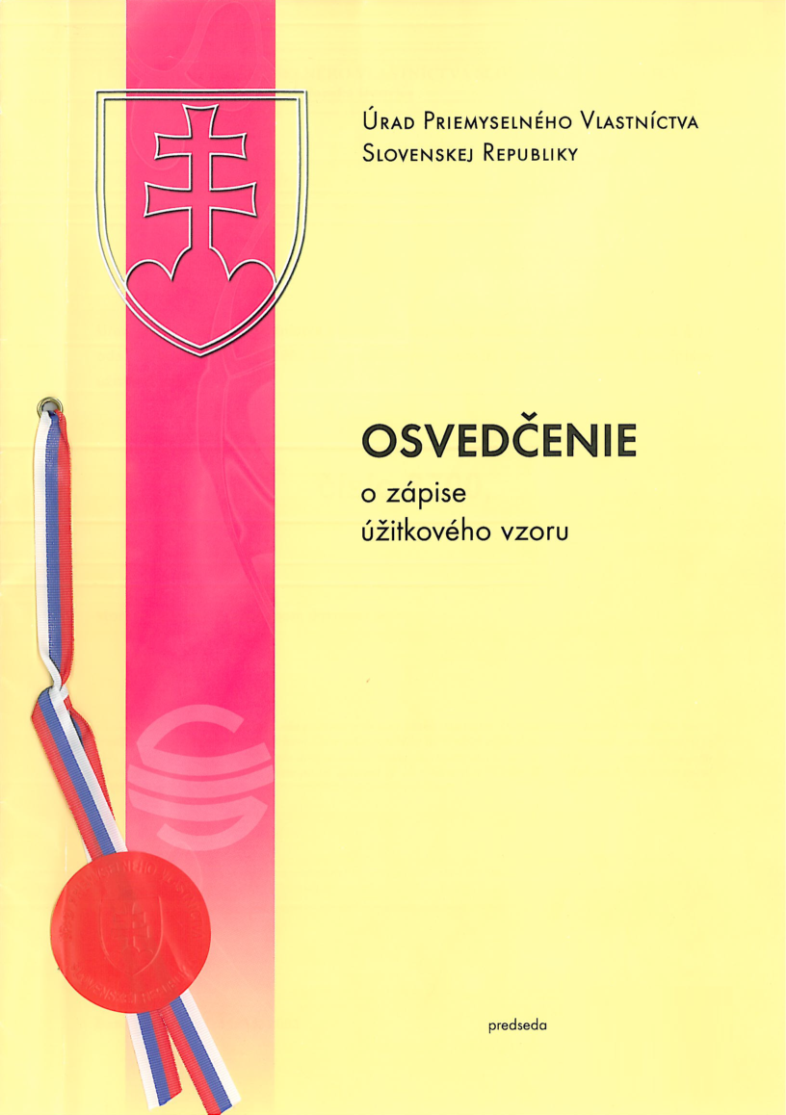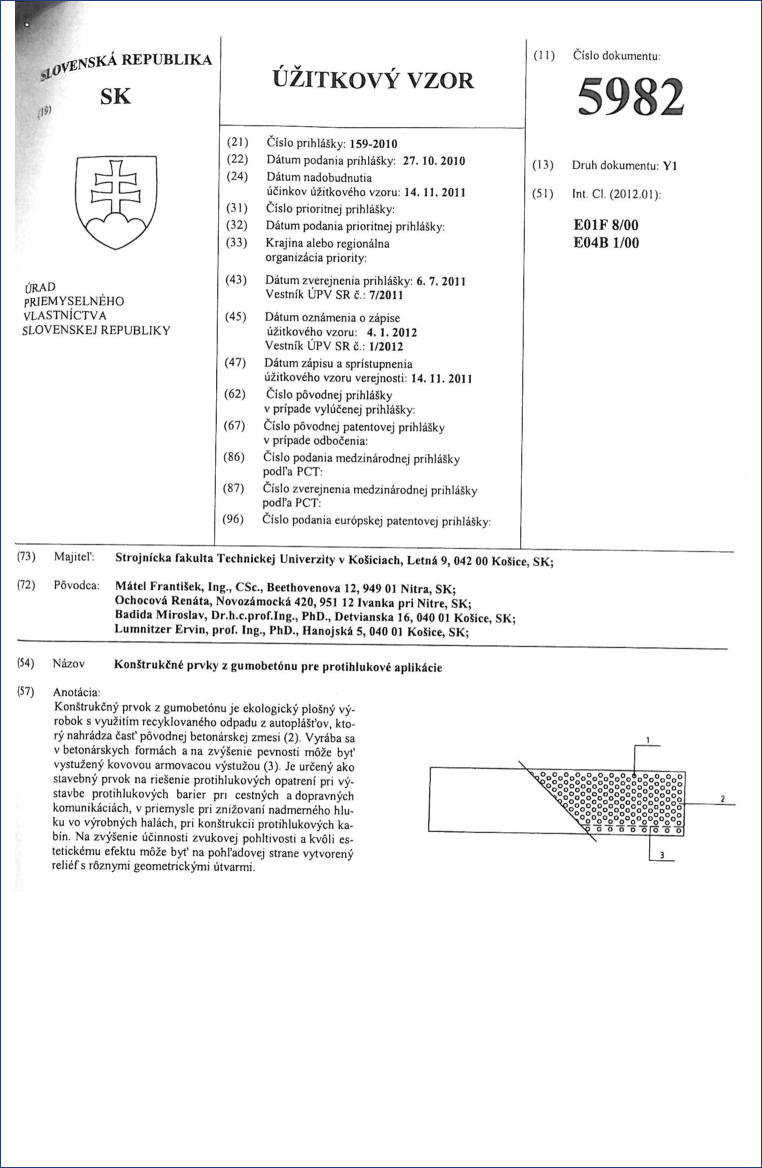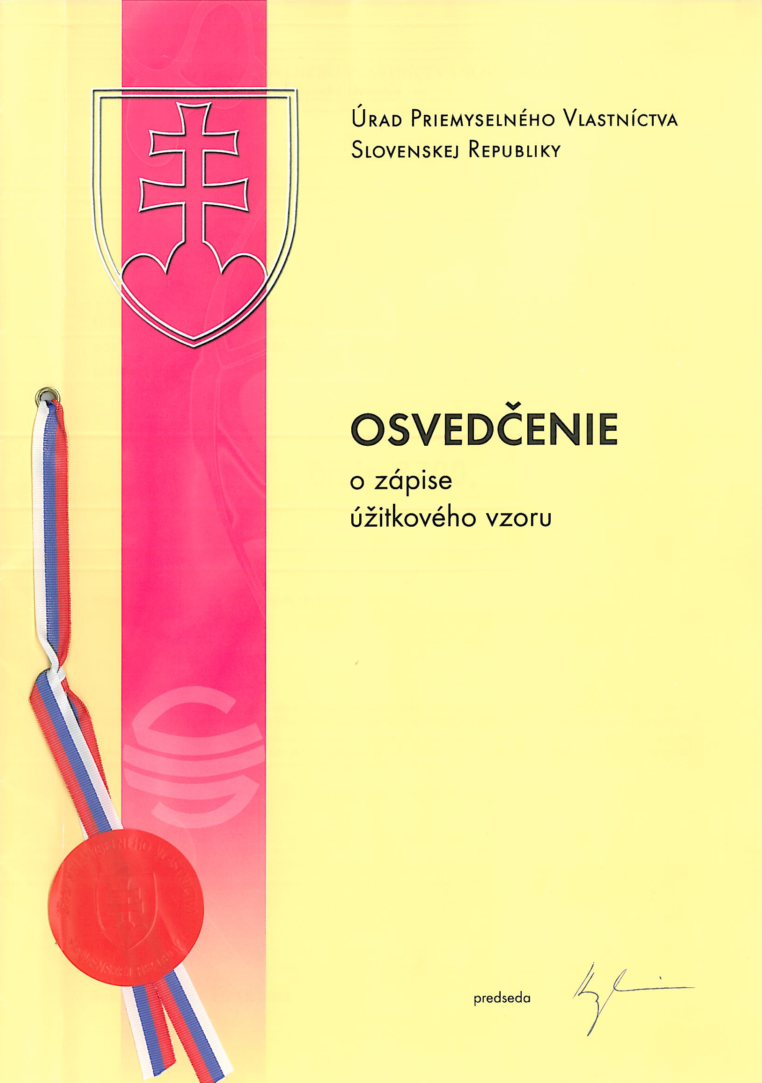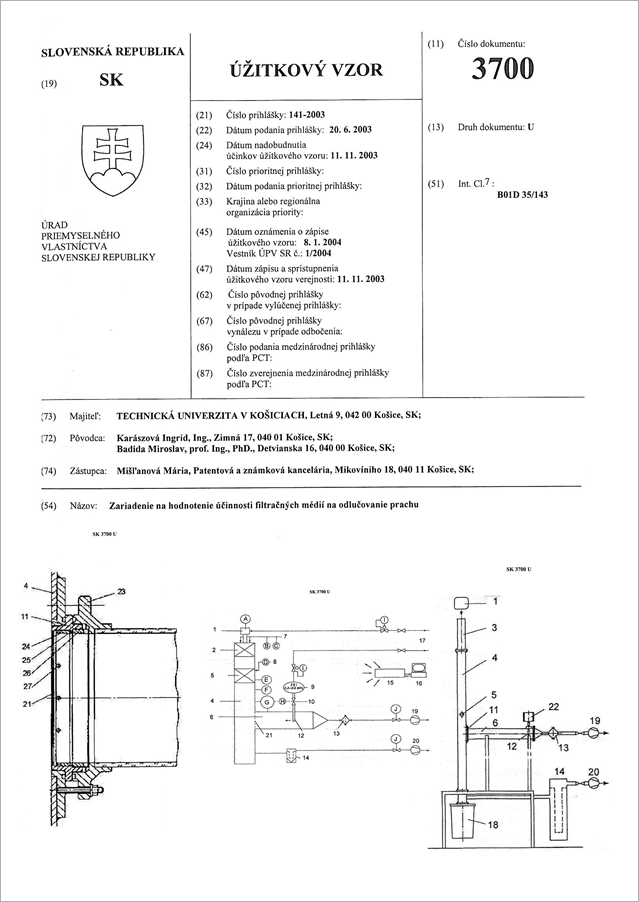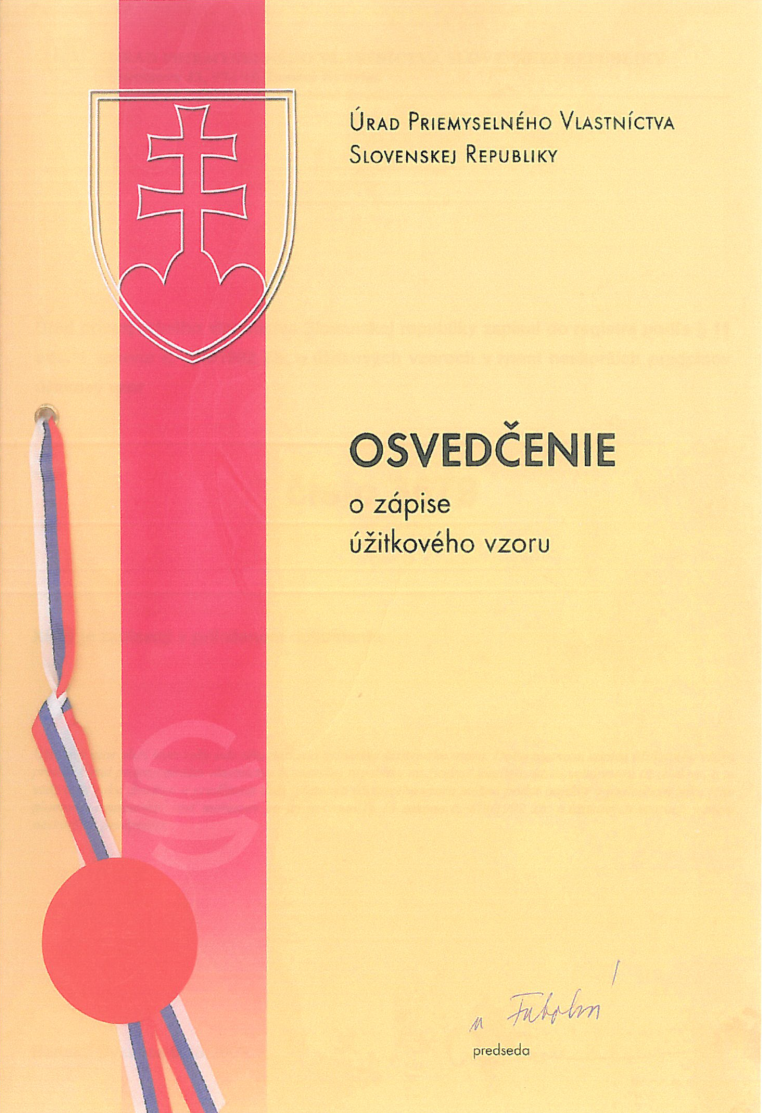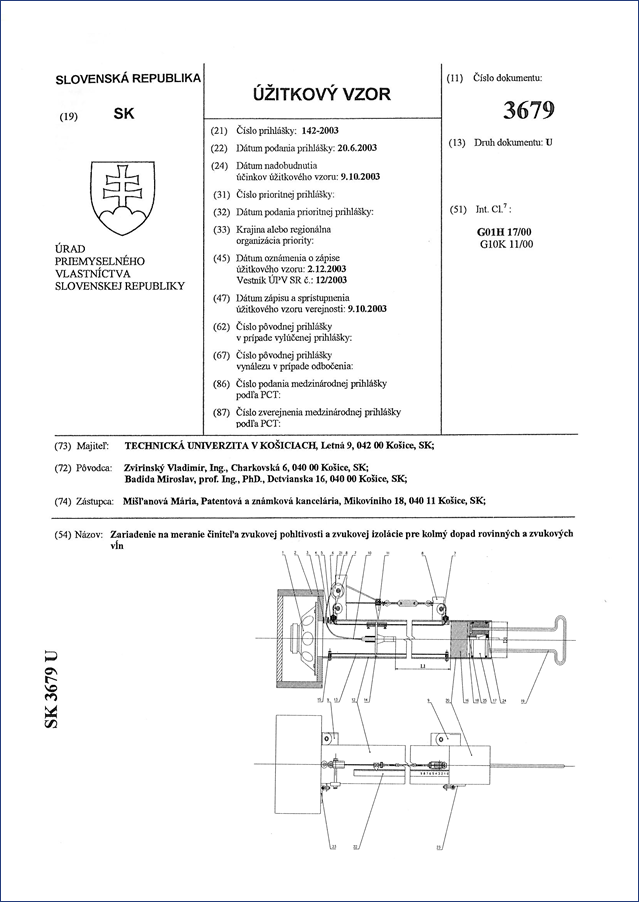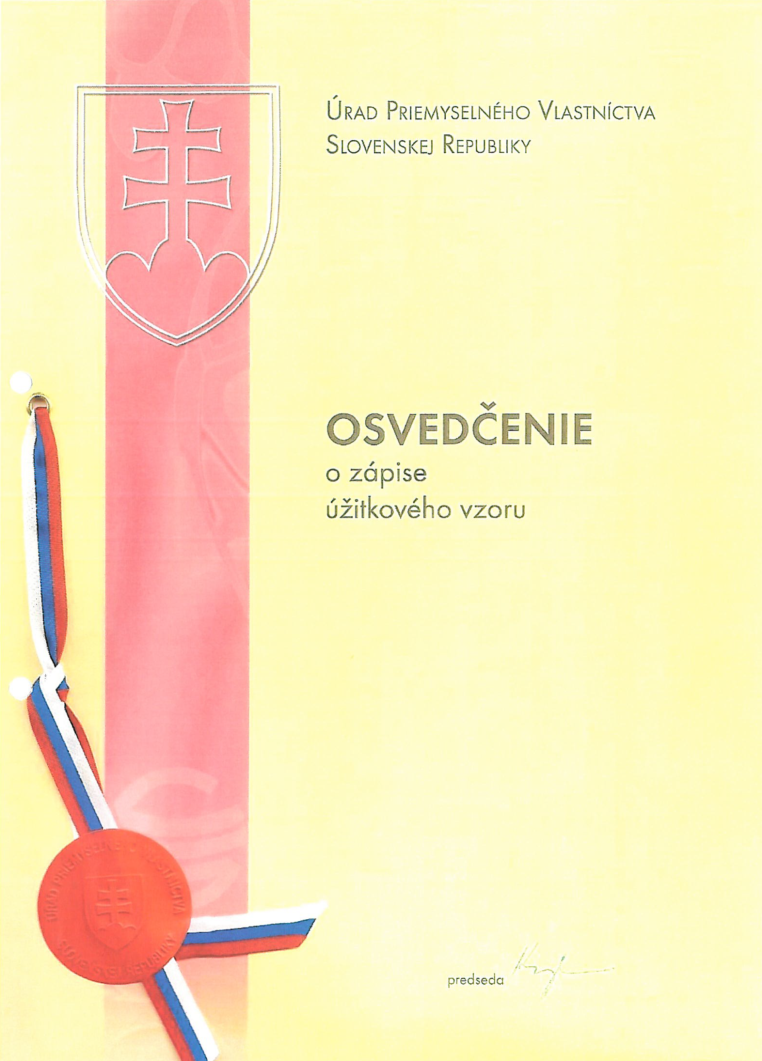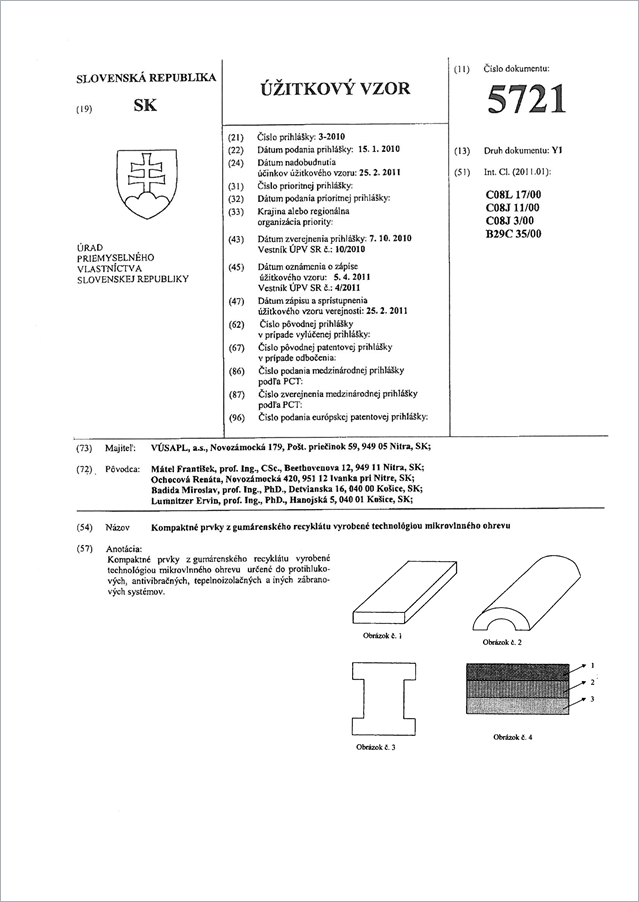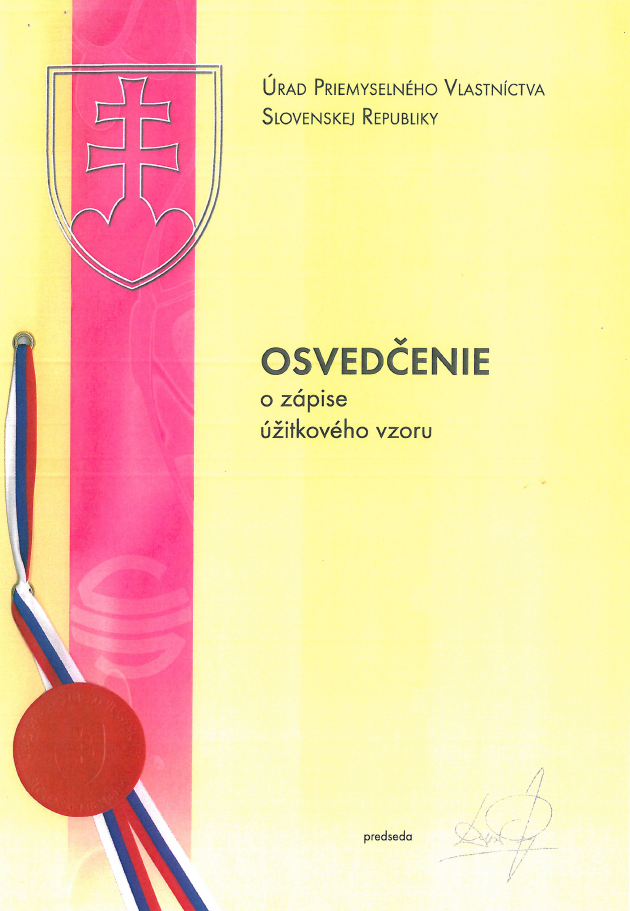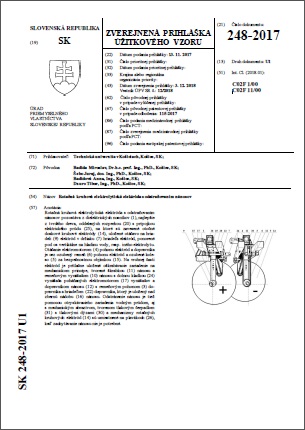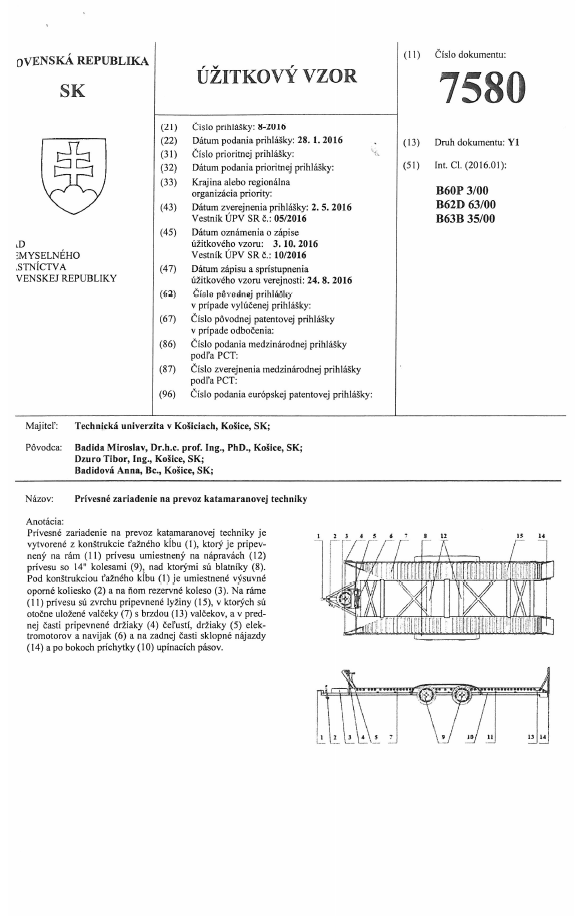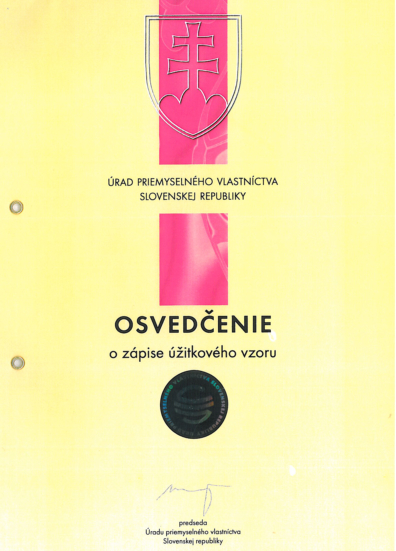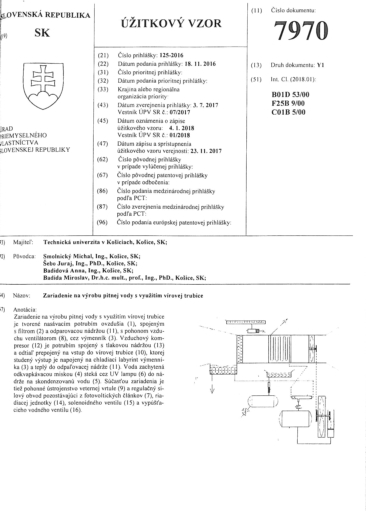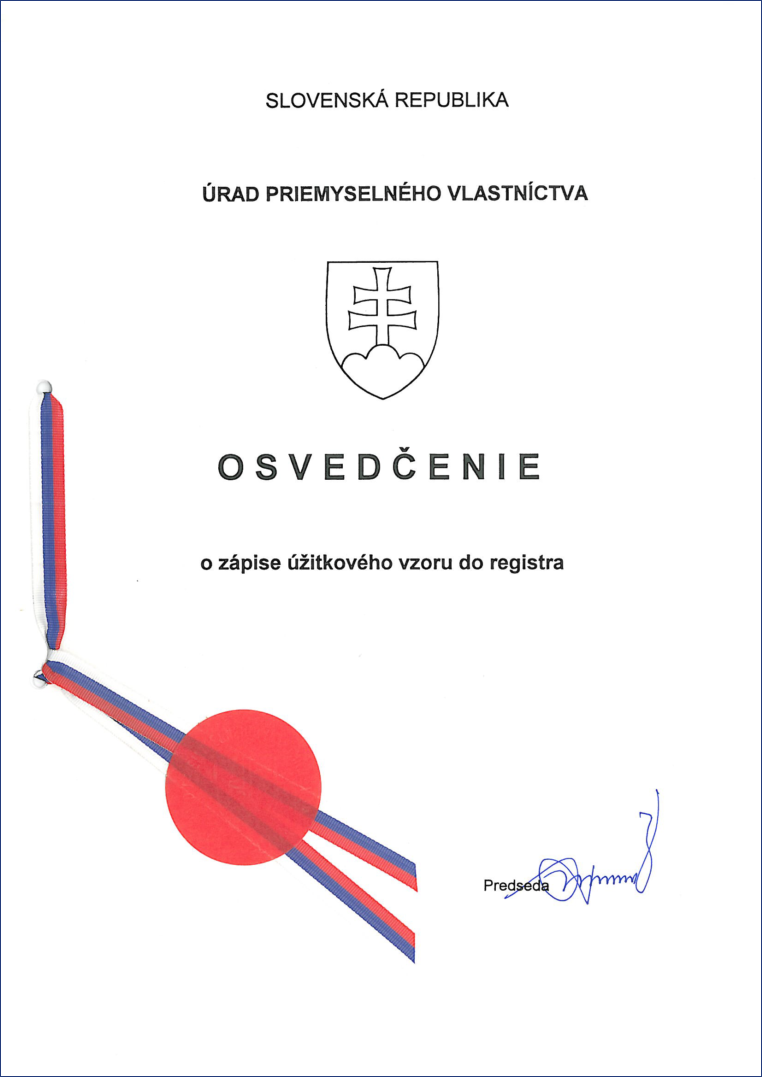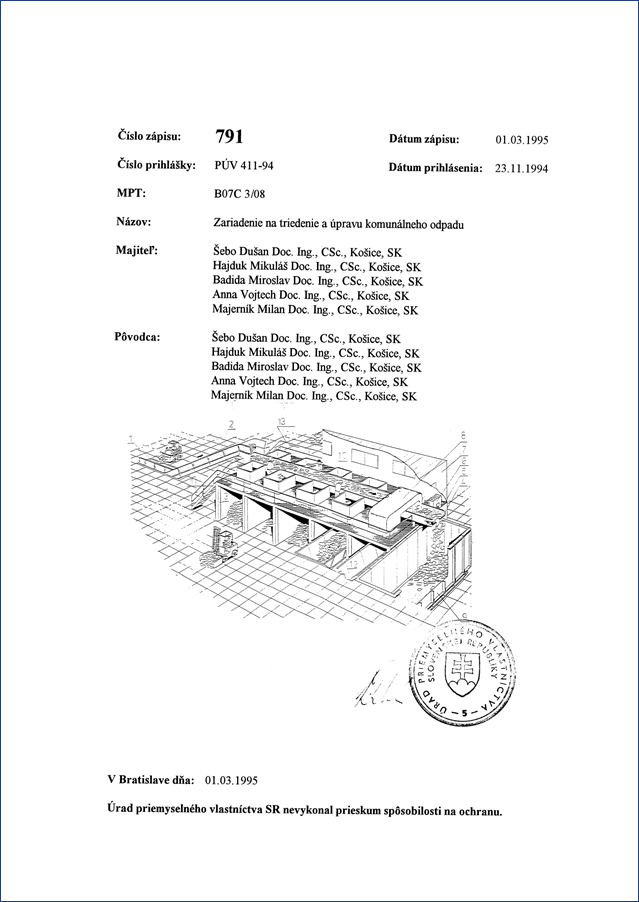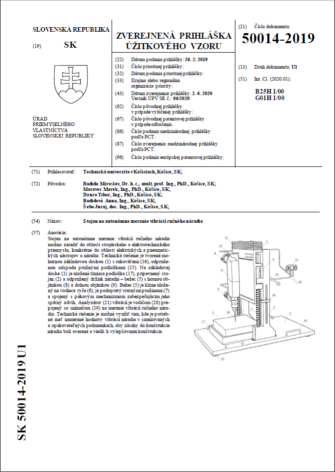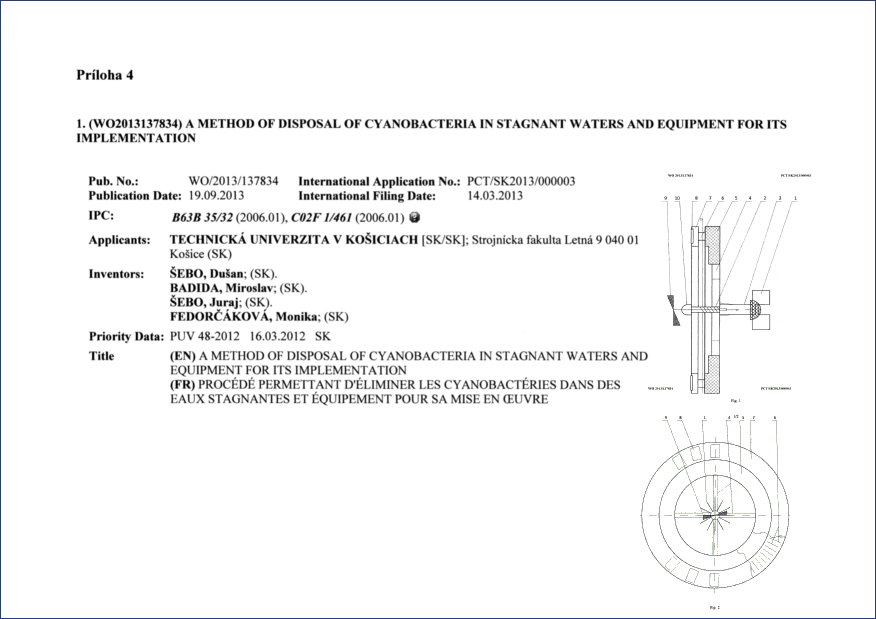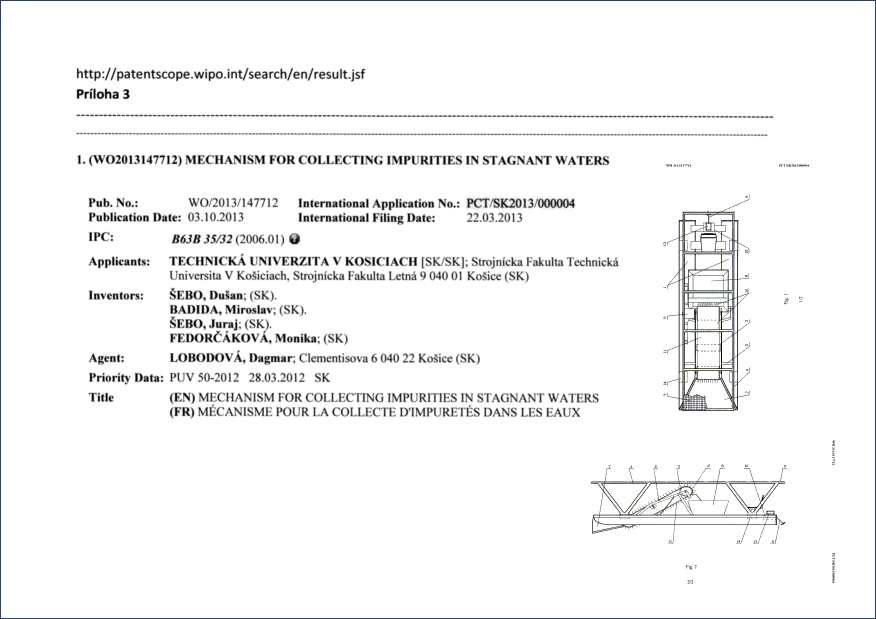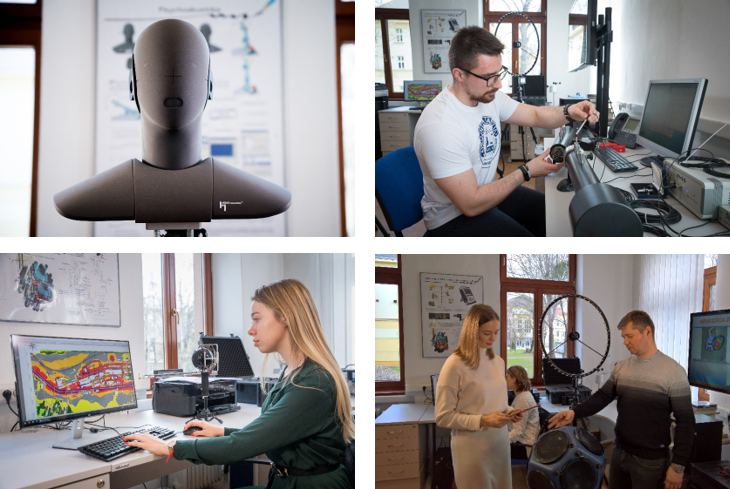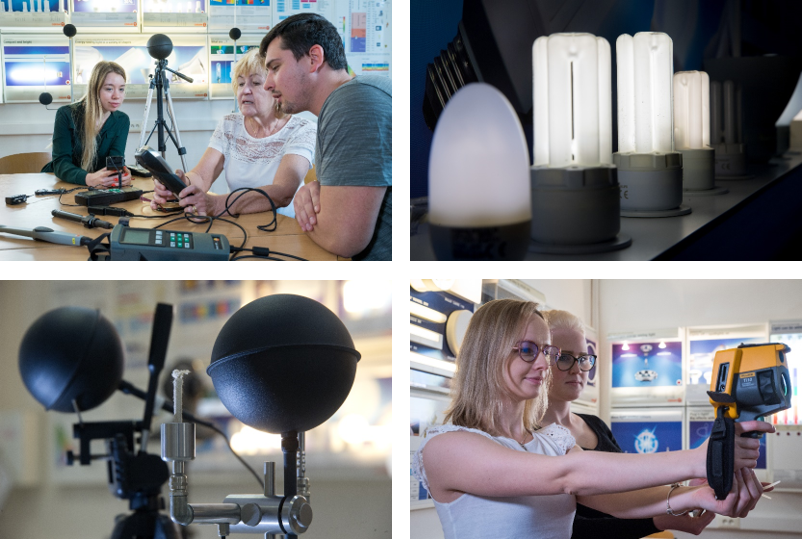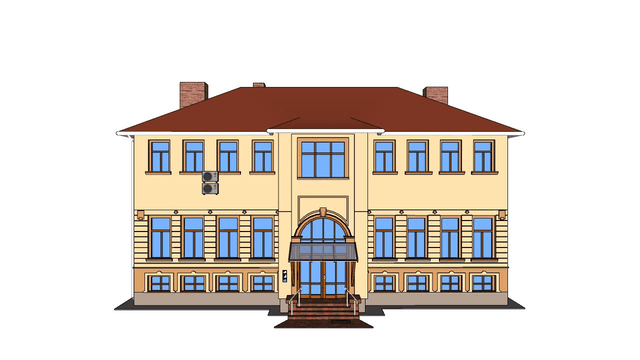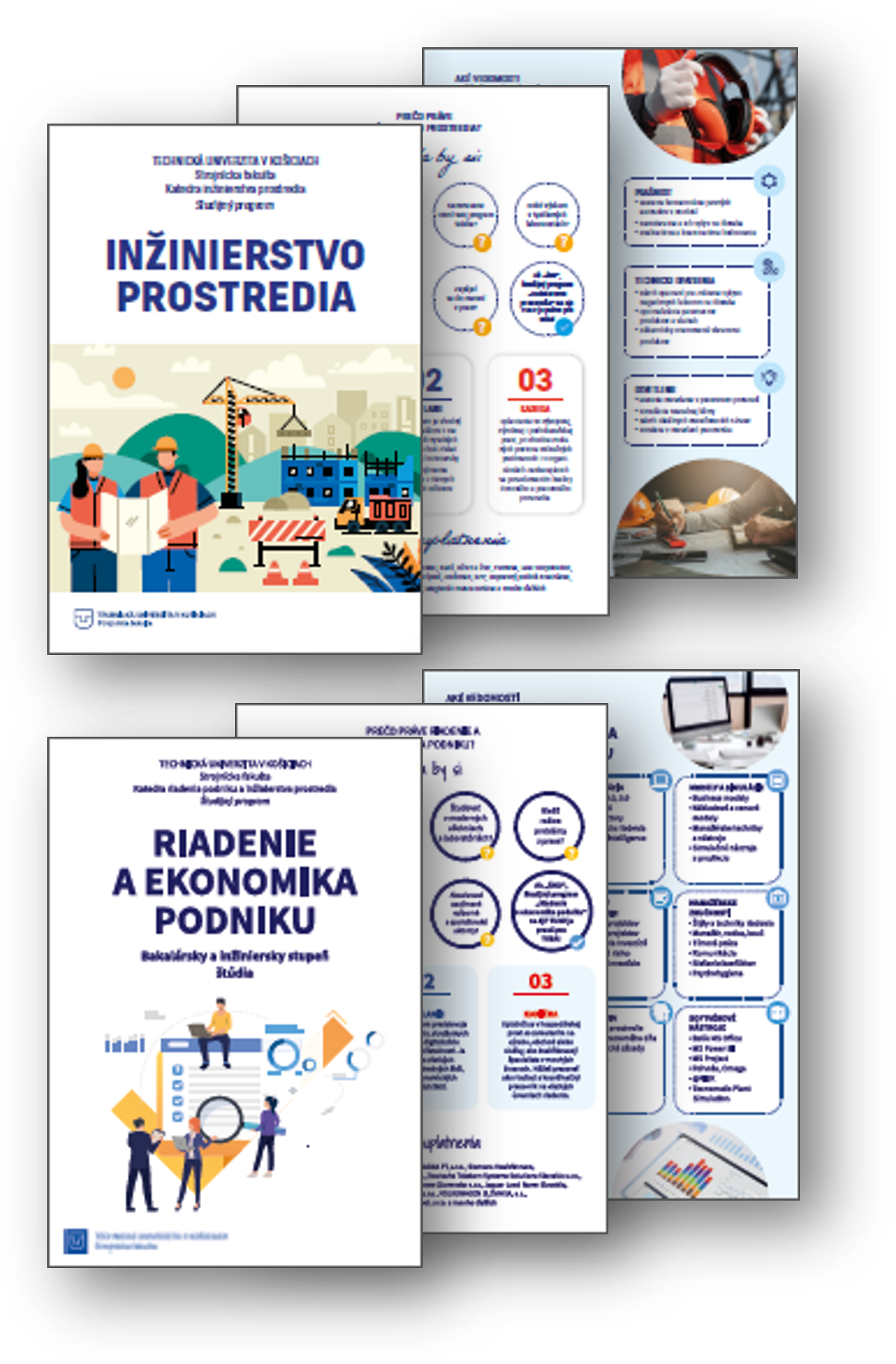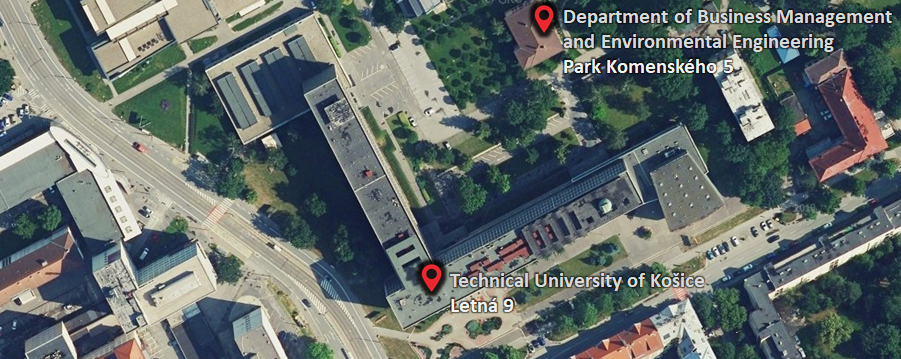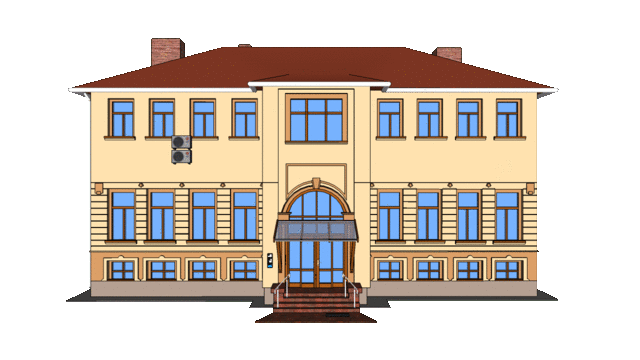Bachelor's Program
Program Number: Management and Business Economics
Study Form: full-time
Language of Instruction: Slovak
Standard Duration of Study: 3 years
GRADUATE PROFILE
The graduate profile is focused on acquiring comprehensive knowledge and skills in the field of business management and economics, supported by technical and natural science disciplines. A graduate of the "Management and Business Economics" study program at the first level of higher education will be able to apply managerial and economic methods with an emphasis on enhancing the competitiveness of businesses. The graduate will gain practical experience through laboratory work and industrial internships in industrial enterprises, developing the ability to analyze and solve real problems and situations in the business environment. In addition, they will have an understanding of ergonomics, logistics, digitization in management, as well as modeling and designing production and non-production processes.
The topics of their bachelor's theses and semester projects will focus on practical problem-solving in the field of business management and economics, with their ability to formulate, process, and present solutions being crucial. The graduate will be prepared for comprehensive management of businesses and their economics, leveraging the theoretical knowledge and practical experience gained during their studies in the quality environment of the historic building of the Department of Business Management and Environmental Engineering.
Graduates of the first level of the Management and Business Economics study program with a specialization in Mechanical Engineering will:
• Acquire comprehensive knowledge in the field of business management and economics, with an emphasis on the application of modern technologies and digital tools.
• Be capable of applying the principles of digital transformation in the business environment, focusing on Industry 4.0, 5.0, Smart Factory, and Business Intelligence, as well as assessing the level of digitization in businesses and the economy.
• Gain knowledge in the area of strategic management, including theory, approaches, processes, and tools such as strategic maps and scorecards, aiming to manage business risks and crises.
• Develop skills in project and portfolio management, as well as in the investment process and investment evaluation from a technical-economic perspective.
• Be able to conduct analyses and assessments in various areas, including manufacturing, financial-economic, managerial, personnel, business, and marketing analyses.
• Master the use of software tools such as the MS Office Suite, MS Power BI, MS Project, Pohoda, Omega, @RISK, Tecnomatix Plant Simulation, and others in various managerial and analytical tasks.
• Be capable of modeling and simulating various business scenarios and utilizing modern techniques and tools in decision-making and planning within business management and economics.
• Receive quality education in the historic setting of the Department of Industrial and Digital Engineering, with access to technical and software support for their studies.
• Actively participate in professional, cultural, and sports activities, including excursions, domestic and international exhibitions, workshops, and seminars, often in collaboration with businesses.
EMPLOYMENT OPPORTUNITIES FOR GRADUATES
• After completing the first level of the Management and Business Economics study program with a specialization in Mechanical Engineering, graduates can find employment in the business sector with a focus on manufacturing, trade, or services as qualified specialists in various areas.
Graduates of the study program find employment opportunities in various professional spheres, including:
• Departments for strategic management and planning in different companies and organizations.
• Departments for economic analysis and performance control of business processes.
• Departments for project management and investments, including technical-economic assessment and risk management.
• Departments for market research and analysis, focusing on the development of business strategies and increasing the competitiveness of companies.
• Managerial and coordination units in manufacturing and commercial organizations.
• Consulting firms and advisory companies focused on optimizing business processes and economic performance.
• Departments for managing public resources and financial funds within the public sector and institutions.
• Units for strategic planning and management in the automotive industry, with an emphasis on effective management of manufacturing processes and production optimization.
• Institutions for economic analysis and planning in the automotive industry, aiming to improve competitiveness and innovate production processes.
• Units for public procurement and project management within the public sector, aiming to ensure the efficient use of public resources and transparency in procurement.
• Consulting firms and advisory services providing expert advice in the field of public management and efficient resource utilization.
Study Program Board: Management and Business Economics, BSc Program
Person Responsible for the Study Program:
Prof. Ing. Jaroslava Kádárová, PhD., MBA
Instructors for Profile Subjects:
Prof. RNDr. Martin Bača, PhD.
Doc. Ing. Renáta Turisová, PhD., MBA
Doc. Ing. Jaroslava Janeková, PhD.
Doc. Ing. Juraj Šebo, PhD.
Student Representative:
Paulína Jasečková
Representatives of External Stakeholders or Alumni:
Three representatives from the business and economic practice.



















